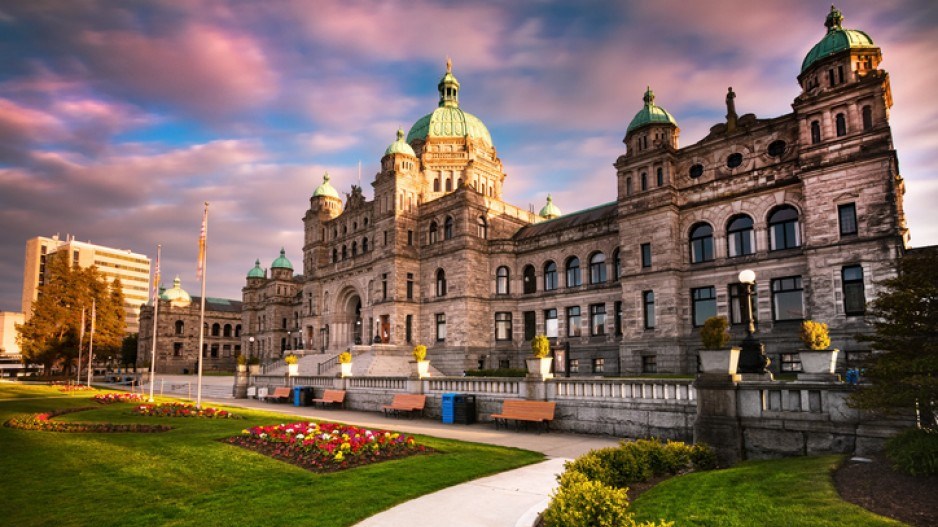The NDP government convened a committee last summer to begin work on reviewing and updating B.C.’s information and privacy law. The MLAs met for two minutes and haven’t been seen since.
“We will reconvene at some point, likely in the fall, and we will go over our terms of reference,” said the new chair, NDP MLA Rick Glumac, as he adjourned.
Here’s a tip: Don’t bother.
A bill this week makes it clear the government does not care what the committee does or says. Any further meetings would be a waste of time.
The review is mandatory. The freedom-of-information law requires one every six years and they normally do a fair amount of work over a period of months. In the usual process, it would report out and the government would at least take it under advisement.
But this government apparently doesn’t need the input, because it thinks it already knows what to do: Start crimping the increase in FOI requests by charging a mandatory fee, and abandon the measures designed to protect personal data from the prying eyes of foreign surveillance entities.
It’s not the ludicrous treatment of the MLAs that rankles. It’s the gratuitous insult to people who would be appearing before the committee to provide input on how to make FOI better. Maybe the committee will hold a few hearings nonetheless, just to observe the law. But that would put people in the position of making suggestions long after the government has already done what it wanted.
If the government can blatantly stiff the information and privacy commissioner, which it did with important parts of the bill, then ignoring the regular folks is just another day at the office.
Moments after Lisa Beare, minister of citizens’ services, finished explaining her new bill on Monday, privacy commissioner Michael McEvoy issued a statement saying parts of it are exceedingly troubling.
McEvoy would have at least been briefed on the bill, if not consulted extensively, but his concerns about how it abandons the need to keep data in Canada were ignored.
“This is a lost opportunity,” he said, citing other long-standing calls for changes that the government also ignored.
Opposition Liberals started dissecting the bill on Tuesday and pointed out another factor the government is ignoring. The last committee to look at the bill stressed that fees should not be a barrier to using FOI. So much for that advice.
Beare is stressing the word “modest” in describing her proposed $25 fee for non-personal information. But it’s suspiciously modest. It will generate minimal revenue. It looks designed solely to deter requests.
Liberals even quoted Murray Rankin, now Indigenous affairs and reconciliation minister. Rankin was involved in creating the first FOI bill 30 years ago and has maintained an interest ever since. As a federal MP he objected to a $5 fee the federal government was imposing. Rankin described it as a toll gate on people’s right to access. He’ll be biting his tongue on the $25 levy his colleague is legislating into effect.
The NDP’s defence of the bill was notably insipid on Tuesday. Walking this mongrel of a bill through the kennel is going to be a much bigger job than they expected.
Just So You Know: The NDP government temporarily relaxed the requirement for certain public agencies to keep their data in Canada well before introducing the bill this week that makes that permanent.
Several ministerial orders signed in 2020 voided the law as it applied in the health sector in order to deal with the COVID-19 pandemic.
Health Minister Adrian Dix signed ministerial orders stating that personal health information “may only be disclosed outside of Canada” if it related to research into health issues or involved assessing and addressing threats to public health.
Beare and her predecessor also signed similar orders relaxing the restriction during the COVID-19 emergency. A news release was issued in May about it, although the import was downplayed. (Disclosure: I overlooked it. My regrets.)
The temporary abandonment of that protection for medical research may be defensible. But the bill introduced this week would eliminate any conditions on disclosing information outside Canada and allow it by all public agencies. It needs a much better explanation than what’s offered so far.



